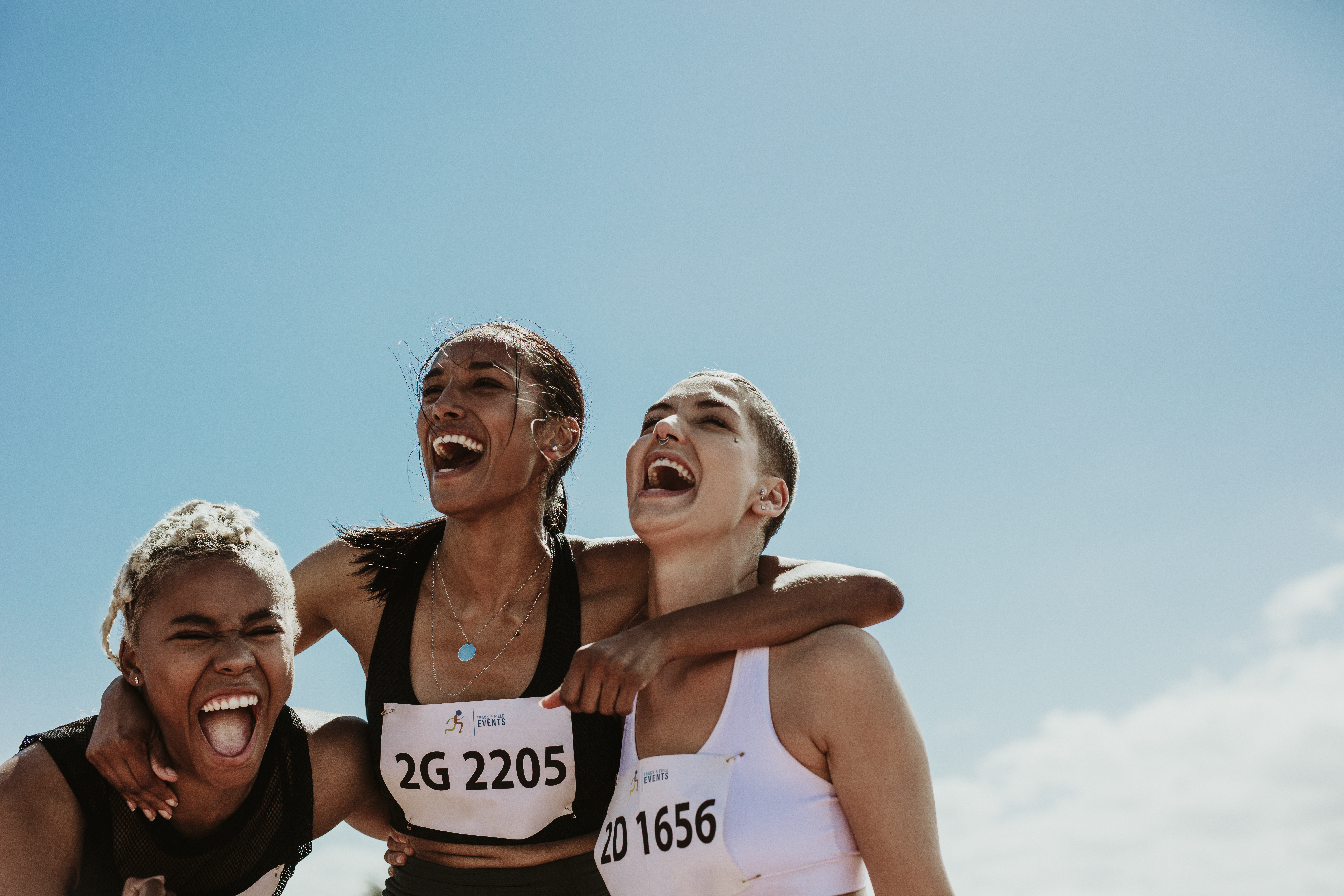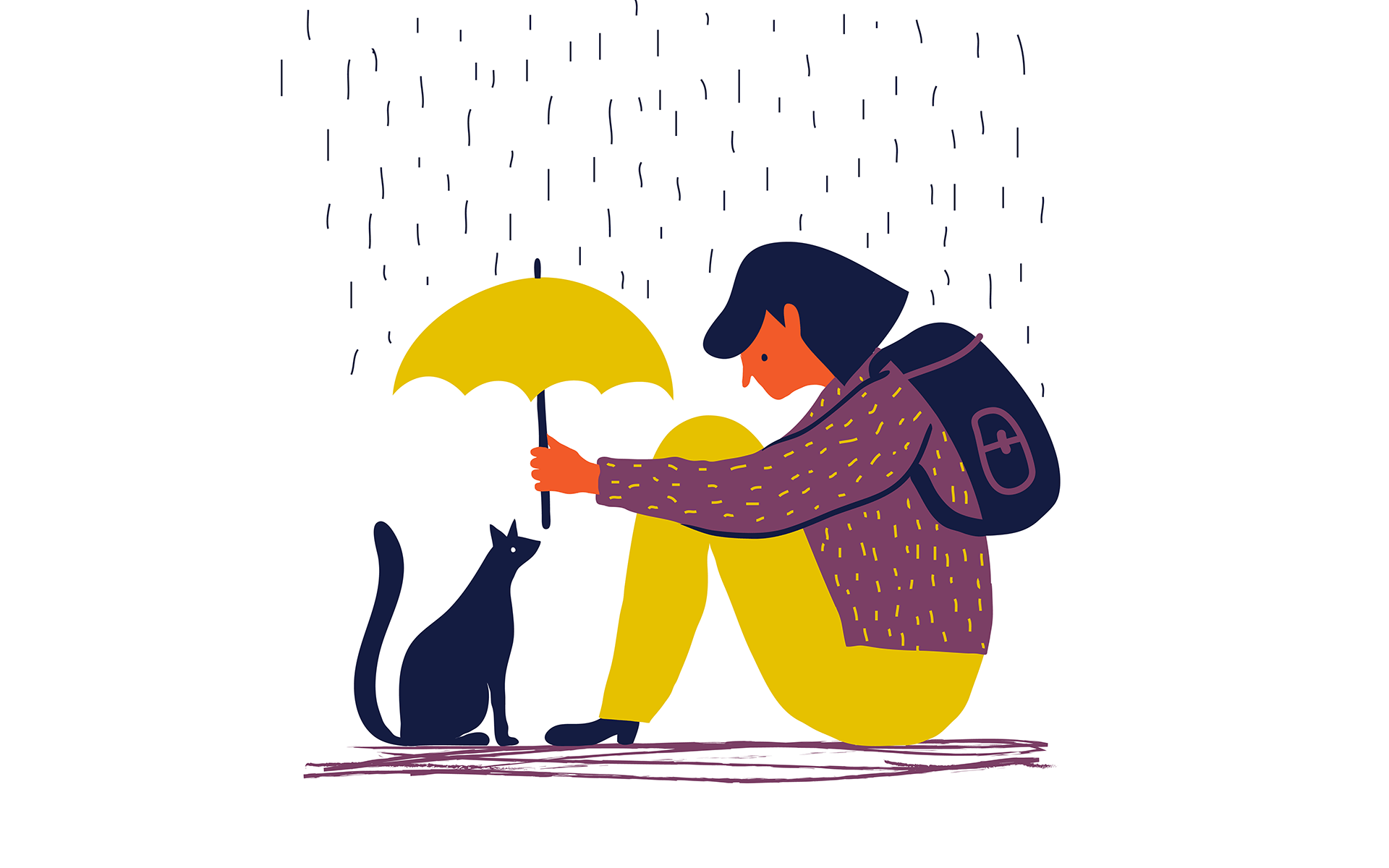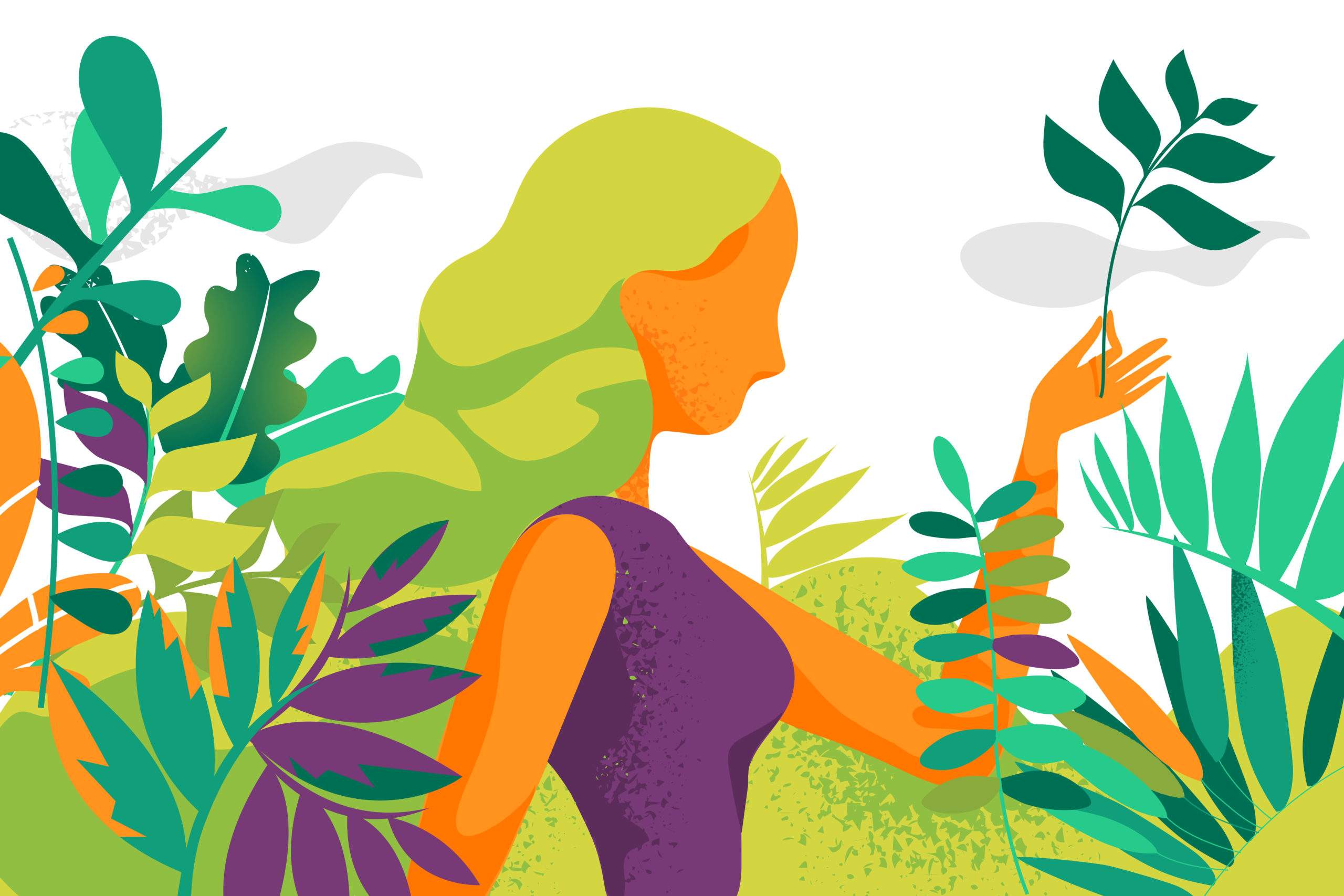It’s no surprise that the Olympics look and feel a little different this year. After over a year of social isolation, we’ve all taken time to pause and reevaluate every aspect of our lives and Olympians are showing that they’re no different. From Simone Biles’ public and powerful act of setting boundaries, to Tom Daley’s knitting for self-care, and the myriad ways competitors are showing up for each other, athletes are prioritizing their mental health and mindfulness continues to make its way into competitive sports.
Overcoming Life’s ‘Twisties’ and Turns
When Simone Biles decided to withdraw from this year’s Olympic competition, it wasn’t just her physical well-being she was concerned about but her mental state as well. Her reason for withdrawing? The twisties.
In an Instagram live, Biles gave a simplified definition for what the twisties were by saying, “Not having your body and mind in sync.”
Athletes are typically seen as a beacon of strength, and the Olympic games is a stage where the strongest are sent to compete. With this decision, Biles—one of the most decorated gymnasts in history—is redefining what it means to be strong. Our bodies are constantly sending us messages about how we’re feeling at each moment, and her choice is a reminder to us all, athlete or not, to take a moment and listen. Whether it’s a whole country or our loved ones that we don’t want to let down, taking the time to engage in the act of self-care can help you tap into the best version of yourself and enable you to show up for those you care about. When she felt ready, Biles was able to return to the competition and take home yet another Olympic medal.—O.L
Knitting, An Olympic Sport?
British diver and meditator Tom Daley might have become a gold medalist at this years’ Olympics, but made headlines a second time for what he was up to in the stands, rather than the pool. He joined the new generation of athletes who aren’t shy about prioritizing mental health when spotted knitting a Tokyo 2021 keepsake cardigan. In a video post showcasing his medal and the crocheted pouch he made for it, he shared, “One thing that has kept me sane throughout this whole process is my love for knitting and crochet and all things stitching.” His Instagram account where you can find the video, along with both dog- and human-sized sweaters that he raffles for charity, is @madewithlovebytomdaley, and has over a million followers.
At the Olympics, the height of competition, the example that Daley and a number of fellow athletes are setting for the millions of viewers is one of self-care, and we love to see it. As we all grapple with adjustments to pandemic regulations and in some places, abiding by strict rules just when we thought our communities were returning to normal, there is hope, but also disappointment and pressure. It matters that we take time for ourselves and engage in activities that bring us joy—whether we’re aiming for gold, or simply for a balance between striving and ease.
Daley also began practicing mindfulness and meditation a few years ago when his husband urged him to give it a try. In an interview with BuildSeries LDN, he said that he was a skeptic at first, but that meditating is now a mainstay that helps reduce anxiety and increase focus. He says that it’s comforting “just to sit there and have time for yourself and know that with all the thoughts that are going around in your head like clouds, above that is always blue sky.”—A.W.C
Just Keep Swimming
When Souad Nefissa Cherouati dove into the pool for the 10-kilometre race, she had one goal and it wasn’t to take home a gold medal. It was to simply finish. So when Cherouati got in the pool with 24 other swimmers, she didn’t put the focus on them, but on herself.
“I know that my level is not the same as them,” she said in an interview with ABC News. “I just want to manage to my level. Sure, I try to swim with the best. But when I see the rhythm is too high for me, I wanted [sic] to swim on my rhythm.”
That’s why even though Cherouati finished nearly 18 minutes behind the gold medalist, Brazil’s Ana Marcela Cunha, you couldn’t tell her that she wasn’t a winner. “This is my first big step,” Cherouati said. “I did what I came to do. I finished the race.”
Our society often bases worth on achievements such as wealth, titles, and if you’re an athlete, gold medals. This can cause us to base our own self-worth on these things as well, but Cherouati’s desire to go out there and try her best makes me ask myself, “What is my driving force?”
Measuring our success against societal standards can bring about feelings of inadequacy and can cause us to feel like we aren’t doing enough but acting with your values and purpose as a guide can help you view yourself as a winner, too. —O.L
Acts of Kindness
Raising the Bar
High jump finalists Gianmarco Tamberi of Italy and Mutaz Essa Barshim of Qatar found out just how well-matched they were when they tried three times to outdo one another and couldn’t. The pair tied for first place and each failed the tie-breaker three times. In a wholesome ending, they chose to share the gold medal.—A.W.C
It Takes a Village
As the saying goes, it takes a village to raise a child and while the Tokyo Olympic village might not be equipped to handle such a large responsibility, Allyson Felix is building her own with the help of Gap’s Athleta and Women’s Sport Foundation. Together the group is giving out $200,000 in grants to mothers traveling to compete in sports competitions, with 6 of the first 9 recipients competing in the Olympic games.
“When I think about the world that [my daughter] will grow up in, I don’t want her—or any other woman or girl—to have to fight the battles that I fought,” Felix said in an email to CNBC.—O.L
Team Player
US swimmer Caeleb Dressel exemplified sportsmanship and kindness when he won gold in the 4×100-meter freestyle relay. The swimmer tossed his medal to teammate Brooks Curry who swam in the preliminary round and helped the team finish in first place. According to Insider, after the race, Dressel said, “I felt like [Brooks] deserved that a little more than me.”—A.W.C
READ MORE
4 Lessons in Mindfulness from the Olympians
How phrases like “good sportsmanship” and “getting your head in the game” are really calls for being more mindful.
Read More
How to Show Up Intentionally and Lovingly in Difficult Situations
Shalini Bahl-Milne shares three mindful steps that empower us to be present and act with integrity and joyfulness.
Read More
How to Manage Stress with Mindfulness and Meditation
Mindfulness meditation can help interrupt the stress cycle to allow space to respond instead of react. Discover our best tips and practices to equip you with tools to navigate stress.
Read More









